Sunchoke: Nutrition Facts, Benefits, And How To Prepare
A versatile and nutty vegetable that helps lower your cholesterol and boost metabolism.
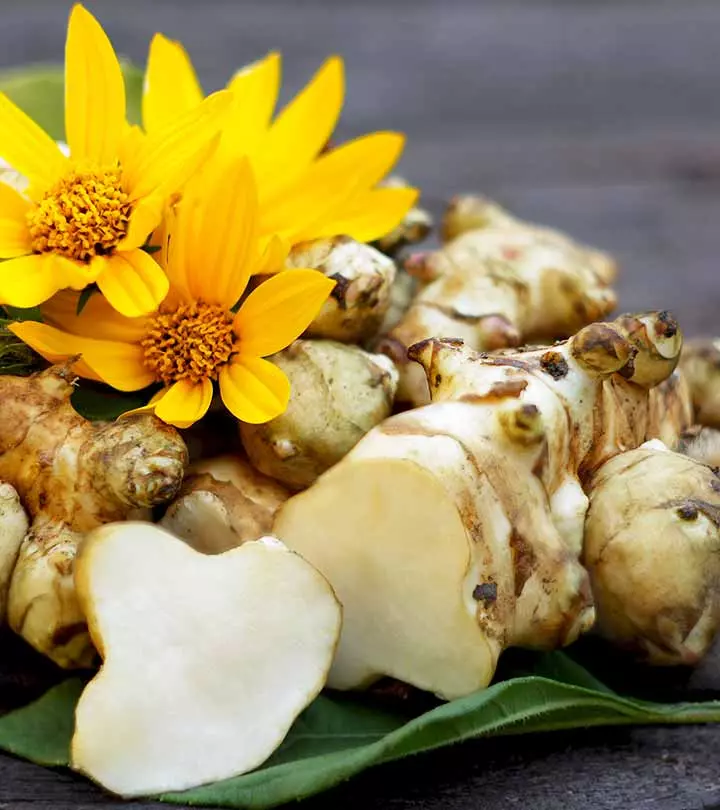
Image: Shutterstock
Do you know of a vegetable that looks like ginger but tastes like potatoes? It is sunchoke, also known as “Jerusalem artichoke.” Sunchoke benefits you in multiple ways if included as a part of your regular diet. Sunchokes are big knobby root tubers that have recently gained popularity due to their ease of preparation, nutritional benefits, and nutty flavor profile. Low in calories, high in fiber, and a tasty low-carb substitute, here’s what you should know about the humble yet versatile sunchokes.

 Know Your Ingredient: Sunchoke
Know Your Ingredient: SunchokeWhat Is It?
It is a tubular-shaped root vegetable native to Central North America
What Are Its Benefits?
It may help lower cholesterol, and blood sugar, boost immunity, and improve metabolism.
Who Can Consume It?
All can consume it except people allergic to inulin as it contains high amounts of inulin.
How Often?
You can consume it daily but in moderation.
Caution
Avoid consuming sunchoke if you experience bloating, gas, or stomach ache.
In This Article
What Are Sunchokes?
Sunchokes, native to North America, are knotted root vegetables that belong to the sunflower plant family and are in season from late fall through early spring. The root or tuber part of the flowering plant has thin papery skin with a creamy white interior. They are similar to potatoes in their taste and culinary preparations. Despite their strange knotty appearance, sunchokes are equally delicious when you eat them raw or roasted. Want to know more? Keep reading.
Key Takeaways
- Sunchokes are knotted root vegetables native to North America and belong to the sunflower plant family. Their taste and culinary preparations are similar to potatoes.
- Sunchokes are a good source of iron, potassium, calcium, magnesium, and indigestible fiber. In addition, they’re low in calories and can be used to replace potatoes and other starchy root vegetables.
- They act as prebiotic, lower cholesterol levels, and offer other important benefits.
What Do Sunchokes Taste Like?
Though sunchokes look similar to ginger and can replace starchy potatoes in almost every dish, they differ in their taste, texture, and flavor profile. These have a mildly sweet, intense nutty flavor akin to water chestnuts, jicama, or hazelnuts. They offer a crunchy bite when eaten raw and render a smooth creamy texture when boiled or roasted.
Angela, who runs a farming vlog on YouTube, shares her experience of taste-testing sunchokes with her two daughters. “I feel like the texture is more like a cooked carrot and the flavor is potato-y (i),” she says. She adds they are not as starchy, fluffy, or flaky as a potato and make for a great food base that can be enhanced with other flavorful ingredients.
 Trivia
TriviaIf you are wondering whether these sweet and nutty sunchokes provide you with any nutritional benefits, have a look at their nutrient facts detailed below.
What Is The Nutritional Value Of A Sunchoke?
Sunchokes add a range of macronutrients, vitamins, and trace minerals to your diet. According to the USDA, 1 cup (150g) of sliced sunchokes can benefit you with the following important nutrients (1).
| Calories | 110 |
| Fat | 0 g |
| Sodium | 6 mg |
| Carbohydrates | 26 g |
| Fiber | 2.4 g |
| Sugars | 14 g |
| Protein | 3 g |
| Calcium, Ca | 21 mg |
| Vitamin C | 6 mg |
| Thiamin | 0.3 mg |
| Carotene, beta | 18 µg |
| Phosphorus, P | 117 mg |
| Potassium, K | 644 mg |
| Sodium, Na | 6 mg |
| Zinc, Zn | 0.18 mg |
| Copper, Cu | 0.21mg |
Nutritionally, sunchokes are a great source of iron, potassium, calcium, magnesium, potassium, and indigestible fiber. They are low in calories and make for a good substitute for potatoes and other starchy root vegetables.Sunchokes are filled with antioxidants, making them a good addition to appetizers or snack lists. They also provide you with a host of other benefits as seen below.
Health Benefits Of Sunchokes
Sunchokes are beneficial to our overall health in a few key ways. Some of them are:
- May Act As A Prebiotic
Sunchokes are rich in inulin, which acts as a prebiotic and helps reduce inflammation and improves your metabolism and immunity. It is a polysaccharidei A type of carbohydrate found in food that promotes the growth of healthy gut bacteria and maintains gut health. , which, unlike sugar, doesn’t get absorbed by the intestine and proceeds to get fermented, stimulating the growth of beneficial bacteria such as bifidobacterium (2), (3).
- May Be Used As A Diet Alternative For People With Diabetes

Sunchokes contain inulin, a carbohydrate that doesn’t get converted into simple sugars and hence helps keep the blood sugar levels in check (4). Sunchokes can be easily substituted for potatoes in most dishes. Other than adding their mildly sweet flavor, sunchokes can help make these dishes better by removing the starch component. This makes it a good food alternative for people with diabetes or with a risk of developing it. The Glycemic Indexi A rating system for carbohydrate-rich foods that denotes how quickly the food may affect the blood sugar levels. of sunchokes is low, which makes it a good food choice for those with diabetes. They don’t cause blood sugar levels to spike. They also may help prevent fatty liver.
- May Help Lower Cholesterol
Along with keeping your glucose levels in check, the inulin content in sunchokes might also help lower your cholesterol levels. Animal studies have shown that oral administration of sunchokes inulin helps improve the serum levels of triglyceridesi A type of fat in the blood that stores unused calories and may increase the risk of heart conditions. , total cholesterol, and LDL cholesterol in hyperglycemic rats (5), (6). Though more research is warranted to establish the same for humans, this is a promising prospect indeed.
- May Be Used As A Wheat Substitute
Sunchoke flour can be used in place of wheat and other grains for people allergic to them. It may make for a suitable alternative to wheat flour in a gluten-free diet.
- May Improve Bone Health
Sunchoke leaves have a long history in traditional medicine, where they have been used to treat bone fractures, skin wounds, swelling, and pain. They contain several medicinal compounds in the aerial parts of the plant (7). Sunchoke is also proven to help in preventing calcium loss, which can be beneficial in improving bone health. A study conducted on rats found that consuming sunchoke sorbet resulted in improved calcium content and bone strength. The sunchoke sorbet positively influenced the thickness, area, and mineral content of the lower part of the femur (8). Therefore, consuming sunchoke may help improve bone health and prevent bone-related issues.
 Trivia
TriviaSunchokes are available throughout the year and are at their peak during the fall and spring. These might also be available in various shades ranging from light brown to a slightly red or purplish color. Knowing how to select the right ones and adhering to proper storage practices makes it possible to use them for a longer time.
How To Select And Store Sunchokes
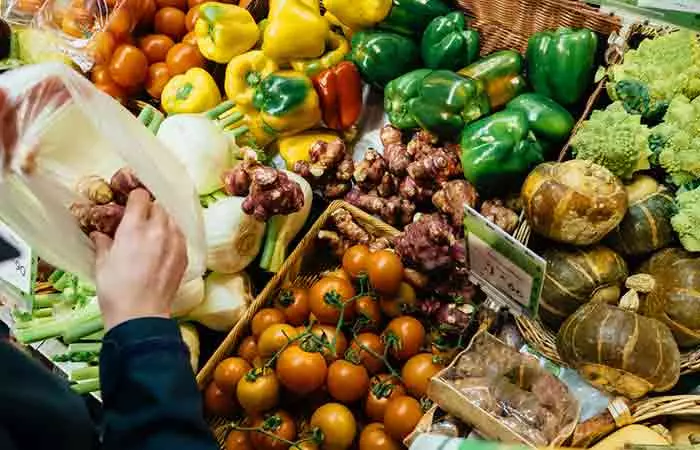
- Selection
When it comes to choosing the best sunchokes, look for ones that are firm and clear-skinned without any soft spots or blemishes. Avoid the ones with wrinkled skin, green blotches, or sprouts. Large sunchoke tubers with minimal bumps or knobs are easier to work with and are more ideal for roasting. Larger ones also help you get uniform slices when you cut them.
- Storage
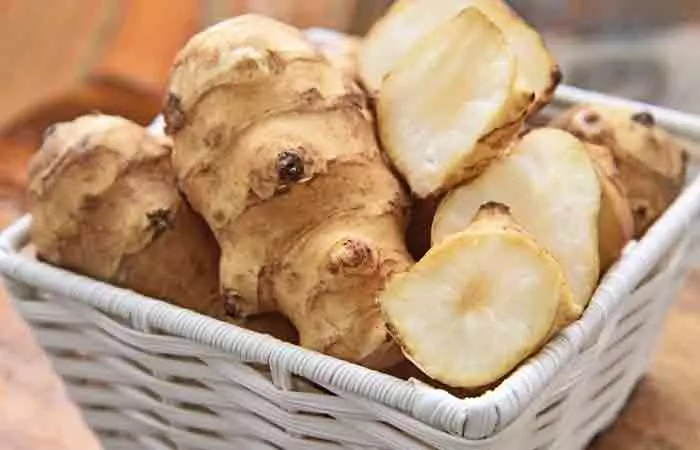
Sunchokes, like any other root vegetables, do well when stored in a well-ventilated, cool, and dry place away from direct sunlight. They can also be wrapped in paper towels or sealed in ziplock bags and stored inside the produce drawer of the fridge. Raw sunchokes can easily last for a minimum of 3-4 weeks. They should be handled with care as they have thin skin and tend to bruise easily. Be careful not to wash them until you are ready to use them as the thin skin might get infected by mold easily.
Once washed and sliced, they can be stored in a sealed container in the fridge for a few weeks. Cooked sunchokes can be kept in the fridge but should be consumed within 2 days. Canning or freezing sunchokes is not advisable as it might lead to a change in color, taste, or texture.
More often than not, when you come across sunchokes in your supermarket aisle or the farmer’s market, you might tend to dismiss them just because you have no idea how to cook them. Let’s give you some know-how about the same and dig into these humble root vegetables right away.
How To Cook Sunchokes
Sunchokes can be had raw, boiled, or cooked into a variety of preparations. They are one of those versatile vegetables that can be easily included in your diet. There are a few things to keep in mind for the proper handling of sunchokes.
- Sunchokes, being root tubers, tend to be soiled, with dirt lodged in the eyes and crevices of the bumps and knots. Remember to scrub them off clean under running water before consuming them raw or cooked.
- Sunchokes, just like apples and potatoes, tend to oxidize and change color when exposed to air. To prevent that, you can toss them with lemon juice before cooking.
- Peeling them can be tedious and is not required as the skin is thin and edible. Moreover, it’s easier to boil or blanch them first and then peel off the skin rather than peeling them raw.
Going further, let’s have a look at some of the common ways to relish sunchokes.
Raw
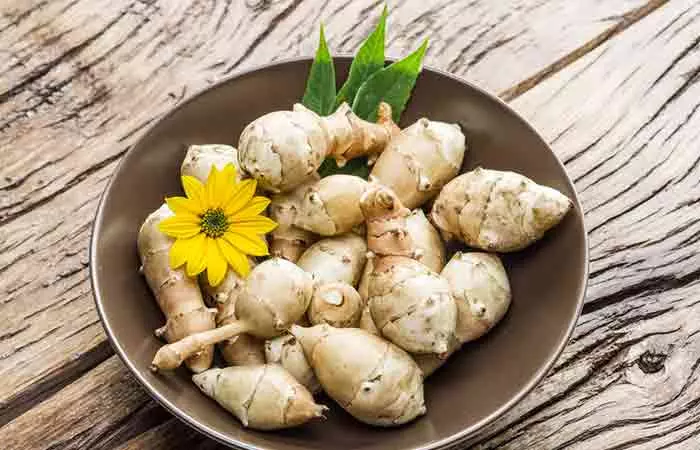
Sunchokes, like carrots or turnips, can be eaten raw. They have a nice crunch and nutty flavor to them. Once you wash and scrub them clean, you can then grate or thinly slice them to make for a crispy salad topper. You can also have them with a dip or hummus. You can leave the skin on if you want.
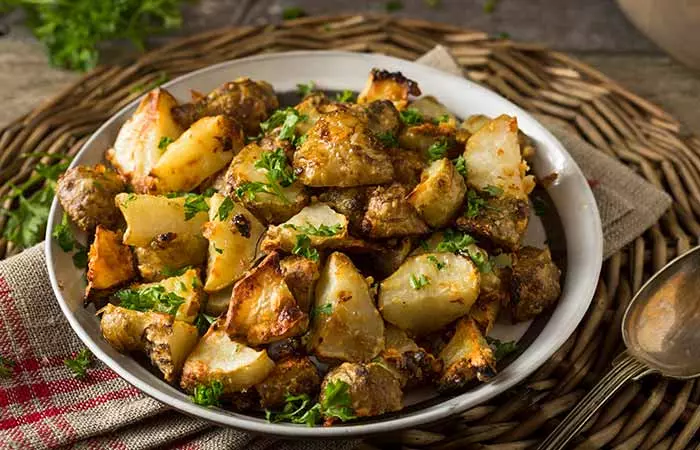
Roasted – Roasting sunchokes with their peel on renders a sweet, caramelized crunch that goes well as any succulent main dish.
- Clean the sunchoke tubers well.
- Drizzle a little oil, and season with salt, pepper, and thyme.
- Roast for about 35 minutes at 425°F.
Mashed
– Well if you are a fan of mashed potatoes, chances are you would like the starch-free sweet option of sunchokes even better.
- Boil the sunchokes until they get soft, for about 15 minutes.
- Peel and mash the tubers.
- Add a little garlic, butter, or oil according to your preference.
- Relish this mildly sweet and savory sunchoke mash alongside your favorite lean meat protein or steamed vegetables.
Fried
– Again, just like with potatoes, sunchokes can be fried.
- Cut the sunchokes into thin slices.
- Fry in a healthy oil of your preference until the sunchokes turn a golden brown.
- Add a dash of salt, and you have your very own sunchoke chips ready.
No matter whichever way you try them, sunchokes are an incredibly versatile vegetable that you can easily introduce into your mealtimes.
Now that you know how to cook sunchokes, explore some creative ways to add them to your favorite meals in the next section.
Culinary Uses Of Sunchokes
- Combine roasted sunchokes, broth, onions, and garlic to make a creamy soup.
- Add thinly sliced sunchokes to salads for a crisp, nutty taste.
- Cook diced sunchokes with potatoes, onions, and peppers to make a flavorful and filling hash.
- Roast thinly sliced sunchokes until golden and crispy for a guilt-free snack.
- Blend tender sunchokes with butter and cream for a smooth, luscious side dish.
Sunchokes (Jerusalem artichoke) are root vegetables from the sunflower family. They look similar to ginger and have a mild sweet taste. The many benefits of sunchokes can be attributed to its rich nutritional profile, fiber, and prebiotic properties. The intake of sunchokes may regulate blood sugar levels, reduce inflammation, improve metabolism and digestion, support weight loss, and lower cholesterol levels. It can also be used as a wheat substitute. Just make sure to choose the ones that are firm and clear-skinned and store them in the refrigerator. Include these easy-to-prepare root vegetables in your diet and enjoy their benefits!
Frequently Asked Questions
Do sunchokes give you gas?
The inulin (polysaccharides) in sunchokes may lead to gas when consumed raw.
Are sunchokes healthier than potatoes?
Yes. Sunchokes have a low glycemic index and are considered a healthier alternative to potatoes.
Can you freeze sunchokes?
Yes. You can freeze sunchokes.
Illustration: Sunchoke: Nutrition, Benefits, Preparations, And All That You Need To Know!
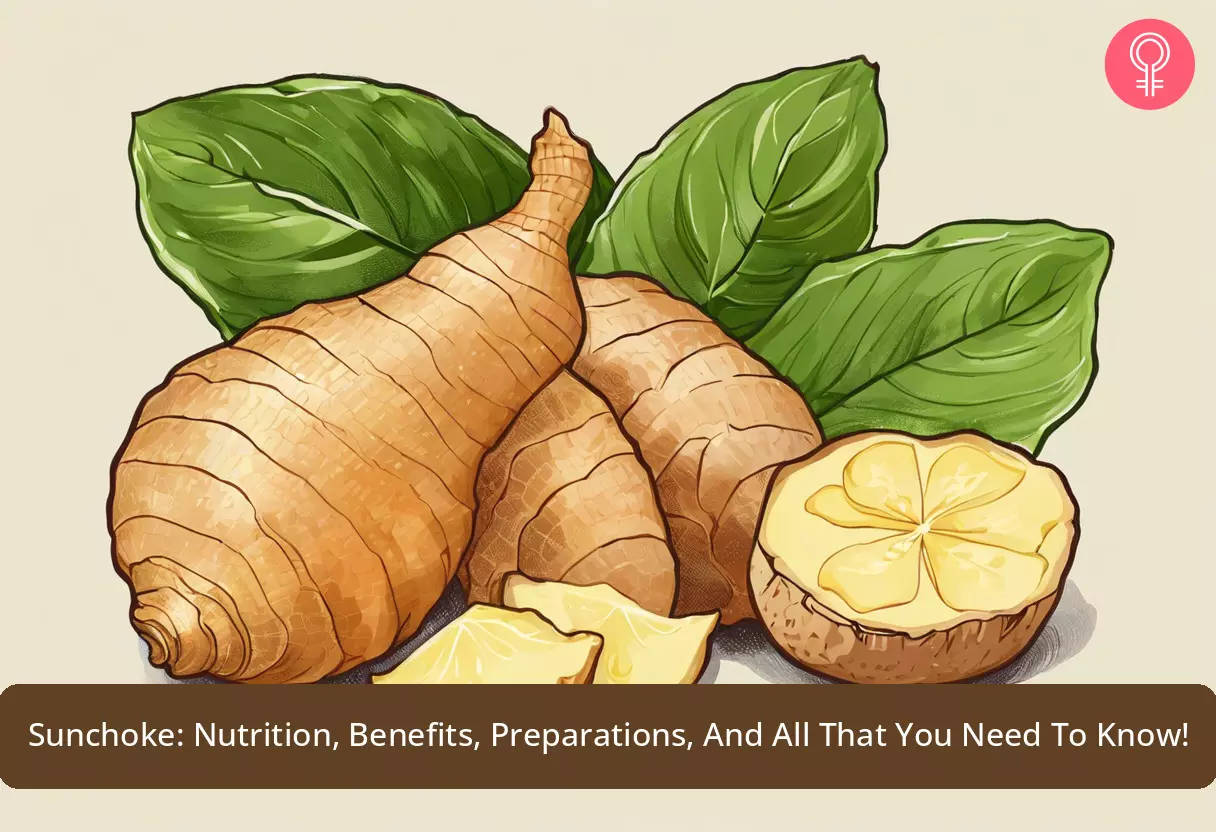
Image: Stable Diffusion/StyleCraze Design Team
Discover the amazing benefits of eating Jerusalem artichokes for weight loss! Also learn the science behind how this delicious vegetable can help you reach your fitness goals.
Personal Experience: Source
StyleCraze's articles are interwoven with authentic personal narratives that provide depth and resonance to our content. Below are the sources of the personal accounts referenced in this article.
i. We’re taste-testing SUNCHOKES! + The BEST recipe we’ve ever tried for them!https://www.youtube.com/watch?v=TdbGnWyYDyoReferences
Articles on StyleCraze are backed by verified information from peer-reviewed and academic research papers, reputed organizations, research institutions, and medical associations to ensure accuracy and relevance. Read our editorial policy to learn more.
- Jerusalem-artichokes, raw
https://fdc.nal.usda.gov/fdc-app.html#/food-details/169236/nutrients - Inulin and Oligofructose: What Are They?
https://academic.oup.com/jn/article/129/7/1402S/4722577 - Possible actions of inulin as prebiotic polysaccharide: A review
https://onlinelibrary.wiley.com/doi/pdf/10.1002/fft2.92 - Effects of High Performance Inulin Supplementation on Glycemic Status and Lipid Profile in Women with Type 2 Diabetes: A Randomized Placebo-Controlled Clinical Trial
https://www.ncbi.nlm.nih.gov/labs/pmc/articles/PMC3963683/ - Effect of Oral Administration of Jerusalem Artichoke Inulin on Reducing Blood Lipid and Glucose in STZ-Induced Diabetic Rats
https://www.researchgate.net/publication/280294462_Effect_of_Oral_Administration_of_Jerusalem_Artichoke_Inulin_on_Reducing_Blood_Lipid_and_Glucose_in_STZ-Induced_Diabetic_Rats - Physiological Response to Diets Fortified with Jerusalem Artichoke Tubers (Helianthus tuberosus L.) Powder by Diabetic Rats
https://www.researchgate.net/publication/237112589_Physiological_Response_to_Diets_Fortified_with_Jerusalem_Artichoke_Tubers_Helianthus_tuberosus_L_Powder_by_Diabetic_Rats - The prospects of Jerusalem artichoke in functional food ingredients and bioenergy production
https://www.ncbi.nlm.nih.gov/pmc/articles/PMC5466194/#bib0440 - Fructan-Enriched Diet Increases Bone Quality in Female Growing Rats at Calcium Deficiency
https://www.ncbi.nlm.nih.gov/pmc/articles/PMC6096893/
- Jerusalem-artichokes, raw
- Jerusalem-artichokes, raw
https://fdc.nal.usda.gov/fdc-app.html#/food-details/169236/nutrients - Inulin and Oligofructose: What Are They?
https://academic.oup.com/jn/article/129/7/1402S/4722577 - Possible actions of inulin as prebiotic polysaccharide: A review
https://onlinelibrary.wiley.com/doi/pdf/10.1002/fft2.92 - Effects of High Performance Inulin Supplementation on Glycemic Status and Lipid Profile in Women with Type 2 Diabetes: A Randomized Placebo-Controlled Clinical Trial
https://www.ncbi.nlm.nih.gov/labs/pmc/articles/PMC3963683/ - Effect of Oral Administration of Jerusalem Artichoke Inulin on Reducing Blood Lipid and Glucose in STZ-Induced Diabetic Rats
https://www.researchgate.net/publication/280294462_Effect_of_Oral_Administration_of_Jerusalem_Artichoke_Inulin_on_Reducing_Blood_Lipid_and_Glucose_in_STZ-Induced_Diabetic_Rats - Physiological Response to Diets Fortified with Jerusalem Artichoke Tubers (Helianthus tuberosus L.) Powder by Diabetic Rats
https://www.researchgate.net/publication/237112589_Physiological_Response_to_Diets_Fortified_with_Jerusalem_Artichoke_Tubers_Helianthus_tuberosus_L_Powder_by_Diabetic_Rats - The prospects of Jerusalem artichoke in functional food ingredients and bioenergy production
https://www.ncbi.nlm.nih.gov/pmc/articles/PMC5466194/#bib0440 - Fructan-Enriched Diet Increases Bone Quality in Female Growing Rats at Calcium Deficiency
https://www.ncbi.nlm.nih.gov/pmc/articles/PMC6096893/
Read full bio of Dr. Pallavi Srivastava
Read full bio of Varsha Patnaik
Read full bio of Ravi Teja Tadimalla
Read full bio of Payal Karnik







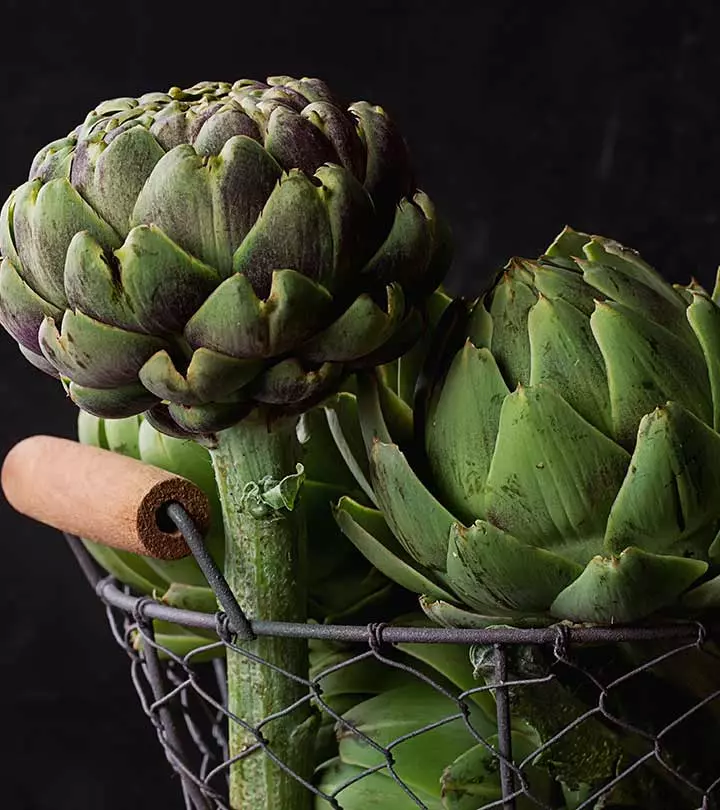
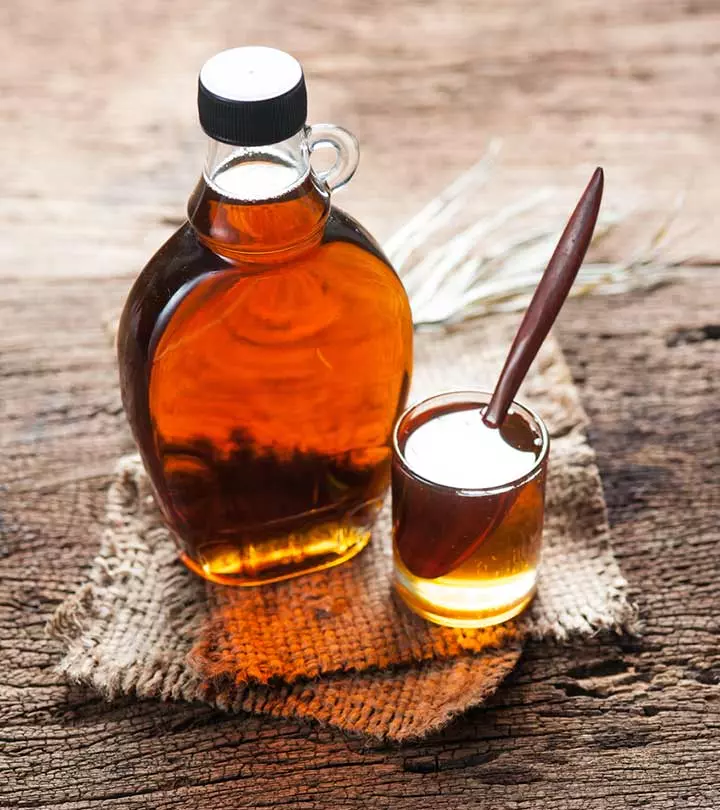
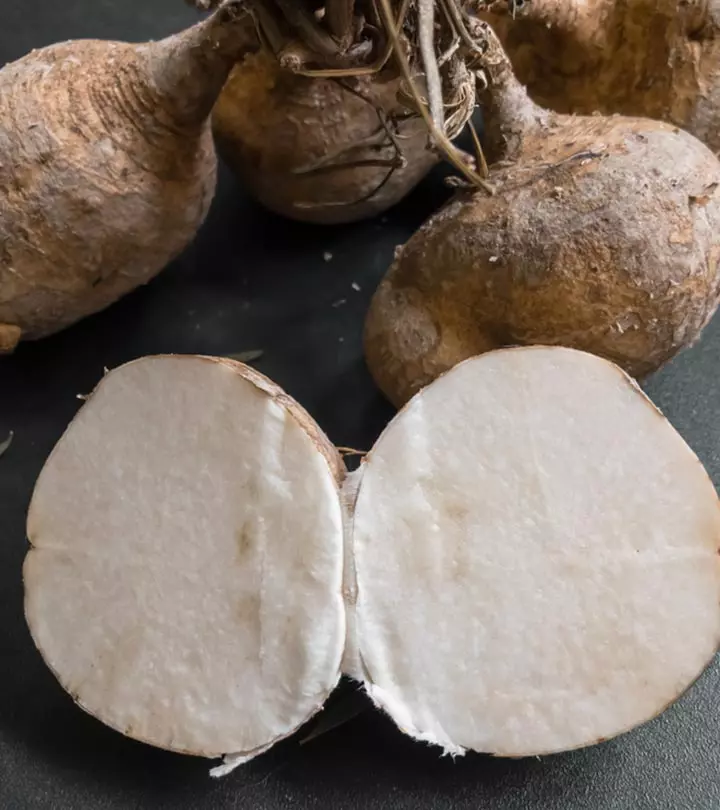
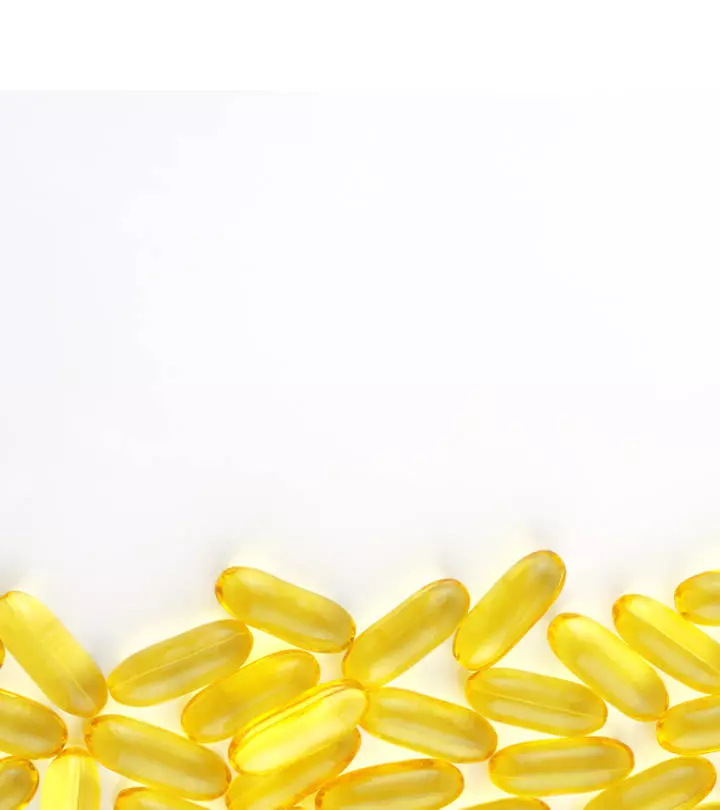
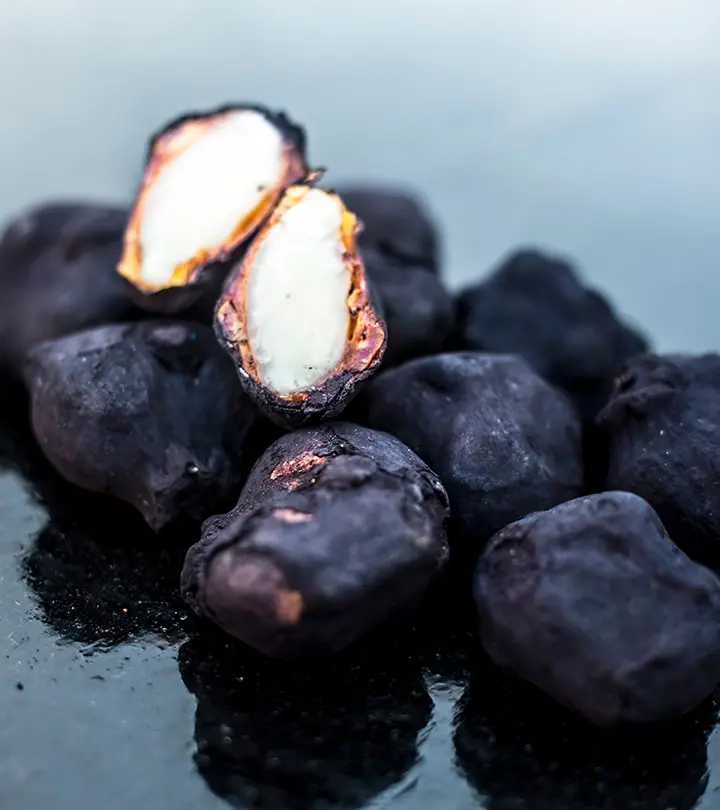

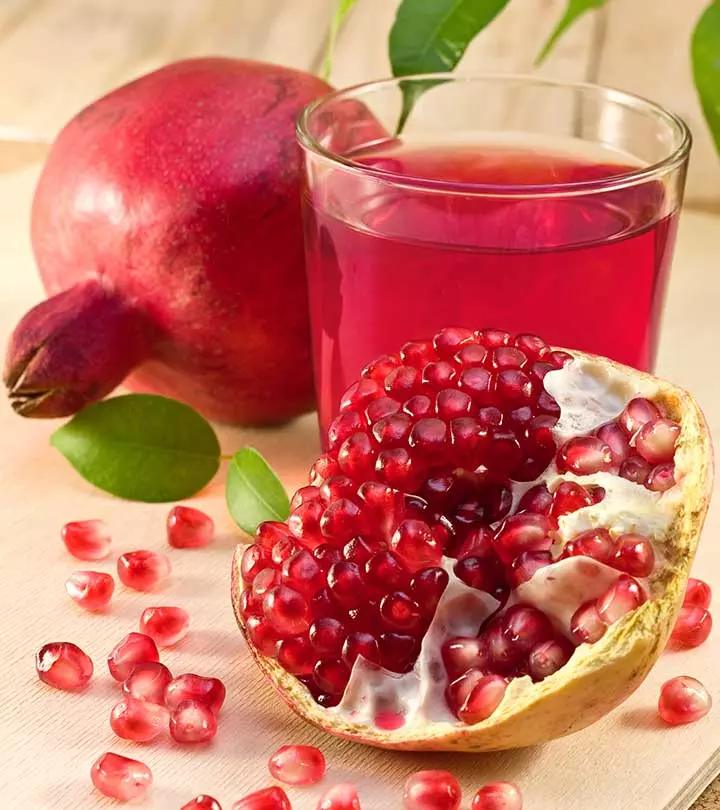



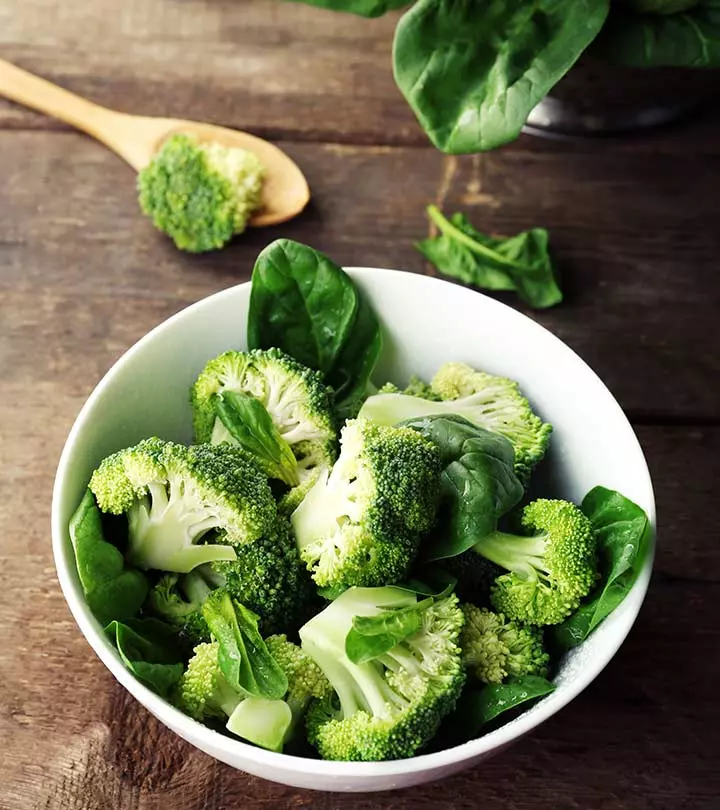
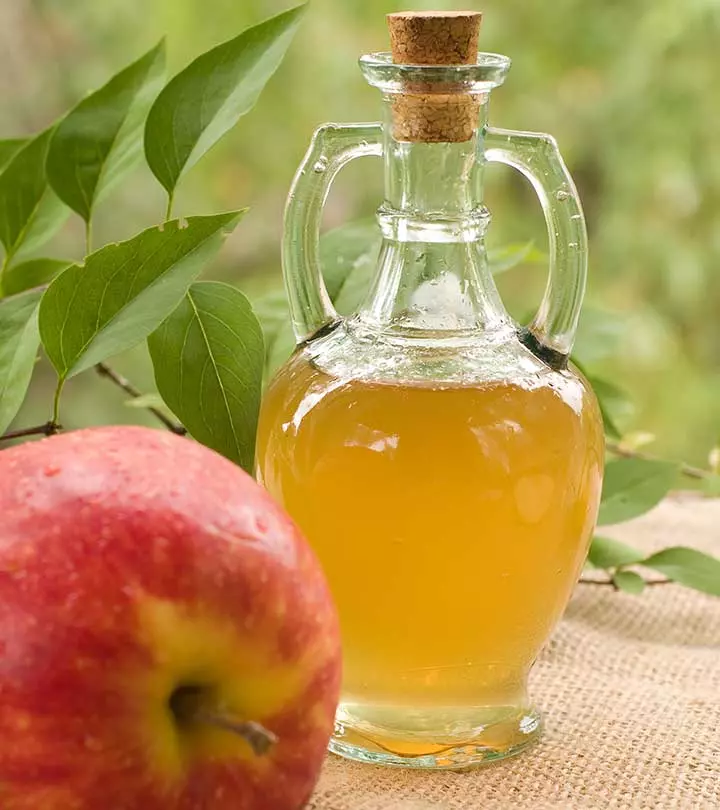
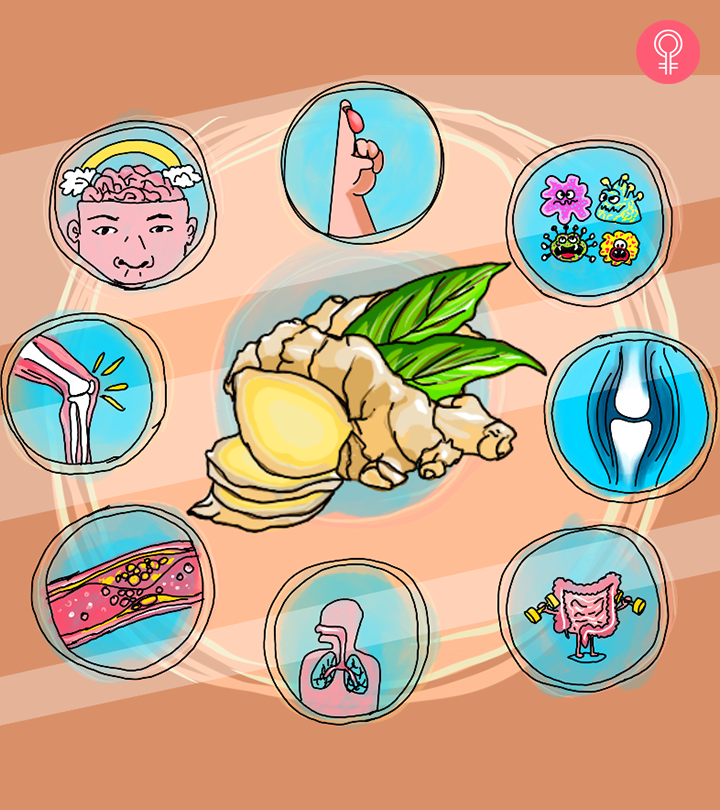

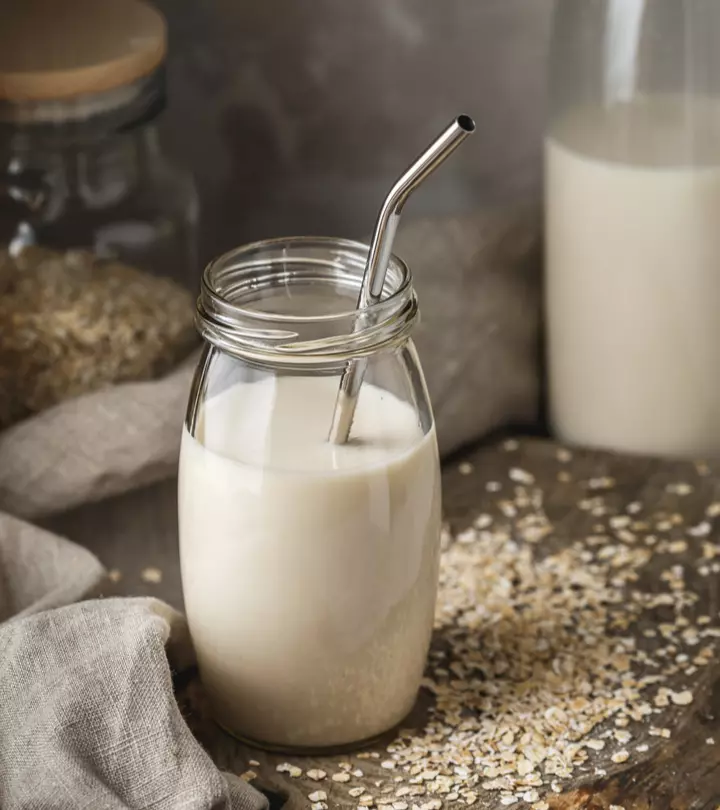
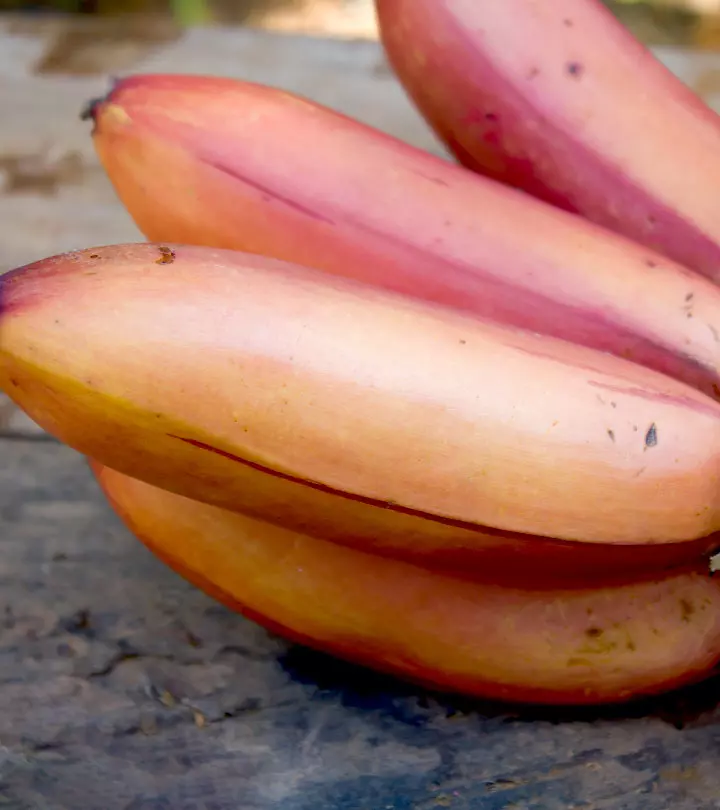

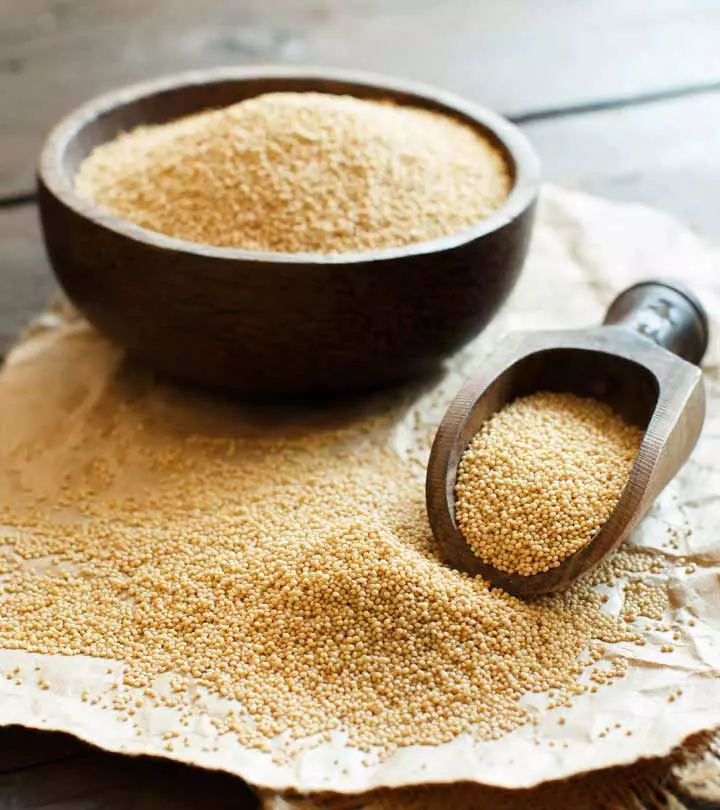
Community Experiences
Join the conversation and become a part of our empowering community! Share your stories, experiences, and insights to connect with other beauty, lifestyle, and health enthusiasts.